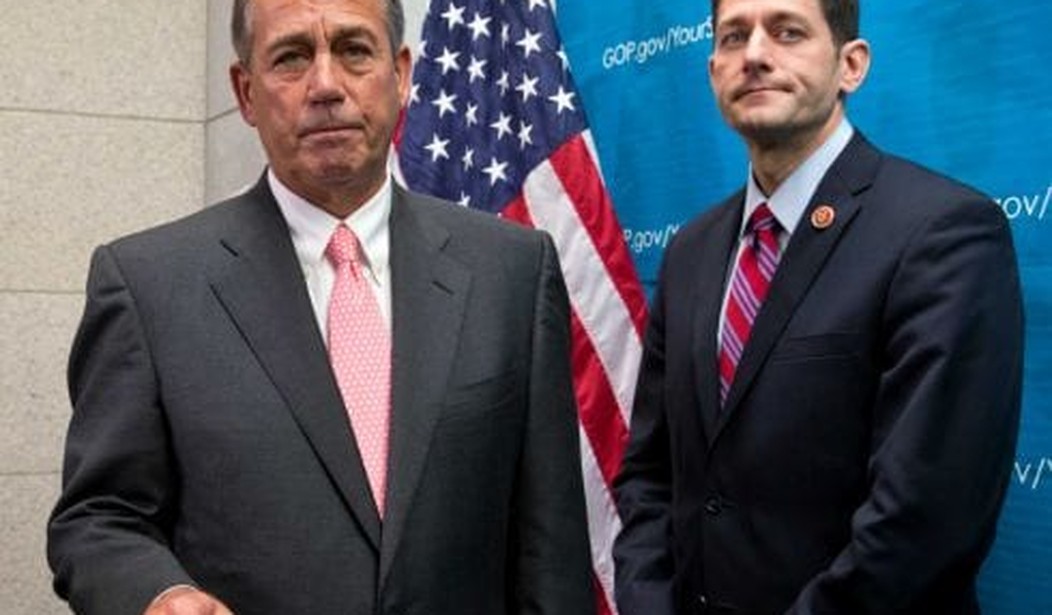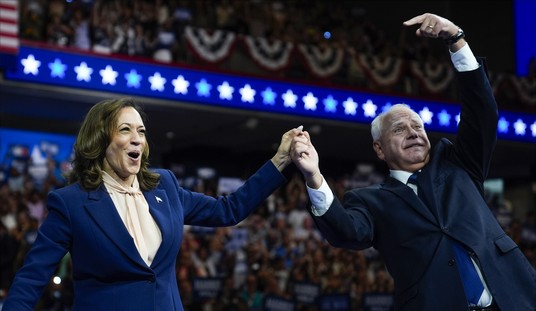WASHINGTON – The House passed – with little fervor – a two-year budget measure on Thursday that eases the impact of across-the-board cuts known as sequestration and all but scraps the possibility of another federal governmental shutdown in the near future.
The bipartisan measure, hammered out in a House-Senate conference committee, was adopted 332-94. It drew few protests during the debate but also attracted only muted enthusiasm. Many of the speakers opened their remarks by admitting the package doesn’t meet the nation’s needs and while acknowledging the final product is not the sort of spending plan they would have proposed.
But they also noted that the budget agreement, hammered out over the space of almost two months, is better than no budget deal at all. And, should the Senate follow suit and pass the bill as expected, it means the government will remain open beyond Jan. 15, the day a stopgap spending measure currently in place is due to expire.
“In a divided government, the American people expect members of both parties to come together to find common ground,” said House Republican Leader Eric Cantor, of Virginia. “It’s not perfect, but it’s a step forward to bridge the difference here in Washington.”
Rep. Steny Hoyer, of Maryland, the Democratic whip, offered a lukewarm endorsement, calling the agreement “better than the alternative.” But he asserted that Congress missed “a huge opportunity to do what the American people expect us to do and that is to put this country on a fiscally sustainable basis.”
Despite the large margin of victory, the budget agreement rose amid a high degree of dissonance. Conservative organizations like Americans for Prosperity and FreedomWorks expressed strong opposition because the compromise includes a slight increase in federal spending over what was provided under sequestration. Democrats at one point threatened to withhold support because the bill failed to address an extension of federal unemployment benefits during difficult economic times.
House Democratic Leader Nancy Pelosi, of California, finally got on board and urged members of her caucus to offer their support despite the shortcomings. But conservative groups remained feisty to the end.
“The math is not that complicated — they are spending another $63 billion that we don’t have,” said Matt Kibbe, president of FreedomWorks. “The American people deserve to have a voice in this process, especially since we are going to be the ones to foot the bill.”
But many lawmakers who frequently vote the conservative line embraced the compromise this go-round. On the Republican side, 170 voted for the package while only 62 opposed. (See how your member of Congress voted here).
“I’ve always said we should replace the across-the-board and indiscriminate sequester with targeted, thoughtful spending cuts,” said Rep. Todd Young (R-Ind.), who generally sides with the Tea Party. “Because it achieves deficit reduction, reforms auto-pilot spending programs, and doesn’t rely on tax increases, this Bipartisan Budget Act meets that criteria. This deal leaves much left to be accomplished, but it’s a good first step.”
“These are all modest reforms, yet they are reforms that will pass a Democrat Senate and get signed into law by the president,” said Rep. John Shimkus (R-Ill.). “We continue to reduce the deficit without raising income taxes.”
The two-year deal, primarily pieced together by Sen. Patty Murray (D-Wash.), chairwoman of the Senate Budget Committee, and Rep. Paul Ryan (R-Wis.), chairman of the House Budget Committee, increases spending for the current 2014 fiscal year from $967 billion to $1.012 trillion, with an additional increase to $1.014 trillion in 2015 without a direct tax increase. The spending increases, which particularly benefit defense programs, are offset by increasing the amount federal workers contribute to their retirement plans and adding a fee to airline tickets to help pay for security.
Defense Secretary Chuck Hagel said that although a budget revised along the lines of the agreement “doesn’t solve every budget problem facing DoD, it will help address our military readiness challenge by restoring funding for training and procurement – especially in fiscal year 2014.”
“The Department of Defense has been warning about the impact of sequestration’s steep, deep, and abrupt cuts for months, and I’m pleased that Congress has been willing to work in a bipartisan manner to limit its worst impacts,” Hagel said.
Ryan, the Republican vice presidential candidate in 2012, noted that Democrats and Republicans “have been at each other’s throats for a long time.”
Compromises, like the budget bill, will be necessary for Republicans until the party “wins some elections.”
“In the meantime, let’s try make this divided government work,” he said. “The people expect us to find common ground and that’s what this does.”









Join the conversation as a VIP Member